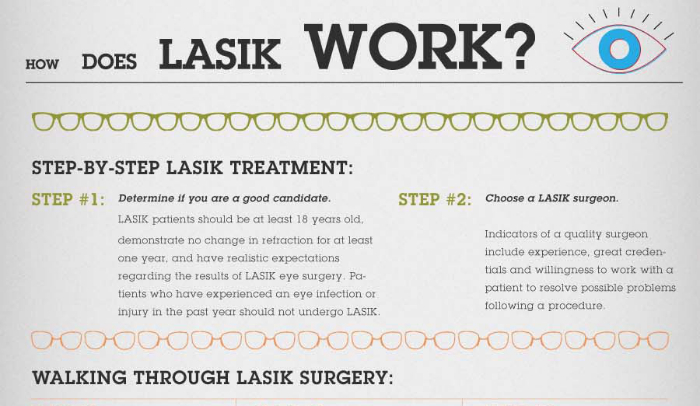Refractive Lens Exchange: A Comprehensive Overview To Better Vision
Refractive Lens Exchange: A Comprehensive Overview To Better Vision
Blog Article
Web Content By-McKinnon Noble
If you more than 40 and having problem with vision problems like hyperopia or myopia, Refractive Lens Exchange (RLE) may be worth thinking about. This treatment replaces your natural lens with a synthetic one, potentially decreasing your dependancy on glasses. While the advantages are appealing, it's vital to understand the risks and qualification needs. What should you understand before choosing that could change your vision forever? Allow's discover this topic further.
Recognizing Refractive Lens Exchange
Comprehending Refractive Lens Exchange (RLE) can be crucial for those thinking about vision correction alternatives.
RLE is a surgical procedure that replaces your eye's natural lens with a man-made intraocular lens. It's largely aimed at dealing with severe refractive mistakes, such as hyperopia, myopia, or presbyopia.
During the procedure, your cosmetic surgeon will eliminate your over cast or clear lens and change it with a lens customized to your vision requires. This choice is frequently taken into consideration for individuals over 40 that might not be suitable candidates for LASIK.
By choosing RLE, you're not just improving your vision; you're also potentially reducing your dependence on glasses or call lenses.
Understanding how Risks Of LASIK Surgery will equip you to make enlightened decisions concerning your vision wellness.
Advantages and Risks of RLE
Picking RLE not just uses a chance to enhance your vision yet also includes its very own set of benefits and risks.
One considerable advantage is the potential for more clear vision, minimizing or eliminating your dependancy on glasses or call lenses. You may likewise experience a wider range of vision, especially if you go with multifocal lenses.
However, there are dangers involved, such as infection, difficulties throughout surgical procedure, or frustration with the outcomes. Some individuals experience visual disturbances like halos or glow.
It's necessary to evaluate these advantages and dangers very carefully. Consulting with your eye care specialist can aid you make an enlightened decision that straightens with your vision goals and way of living.
Qualification Standard for Refractive Lens Exchange
Prior to thinking about Refractive Lens Exchange (RLE), it's crucial to establish if you fulfill the qualification criteria. Generally, you're a good candidate if you're over 40 years old and have a secure prescription.
You need to also be experiencing refractive errors like nearsightedness, hyperopia, or presbyopia. It is essential to have healthy and balanced eyes without any significant conditions, such as cataracts or glaucoma.
Furthermore, you ought to be in good total wellness and not have any conditions that might affect recovery, like unchecked diabetes mellitus. If does cataract surgery cause dry eye put on contact lenses, you may require to stop using them for some time before your assessment.
Consulting with an eye treatment specialist will help you understand your specific circumstance and whether RLE is right for you.
Final thought
In conclusion, refractive lens exchange can change your vision and lower your reliance on glasses or contacts. While it provides many benefits, it's important to recognize the risks and guarantee you satisfy the qualification criteria. Consulting with an eye treatment specialist will certainly help you make an educated choice tailored to your requirements. If you're thinking about RLE, make the effort to explore your options and discuss any type of issues, leading the way for more clear, a lot more vibrant vision.
